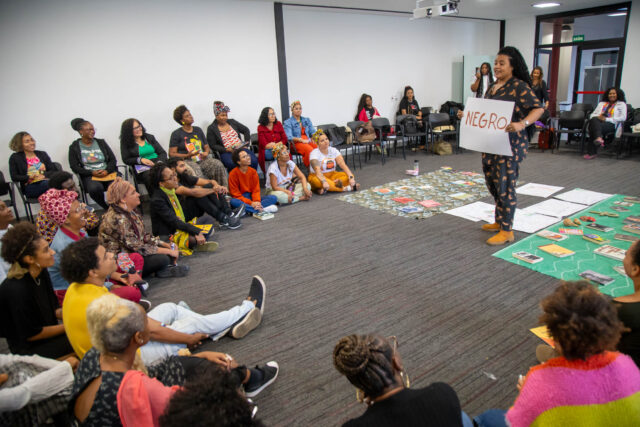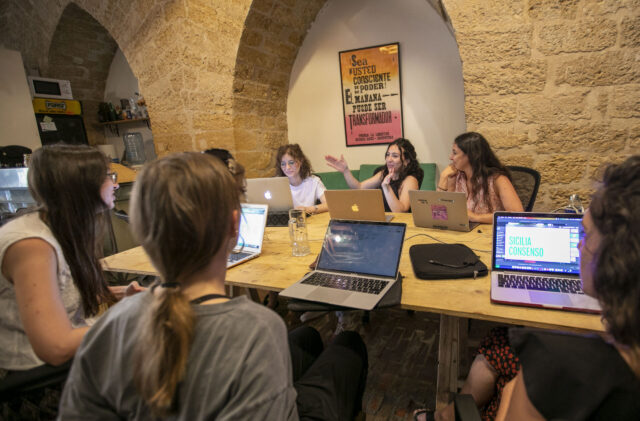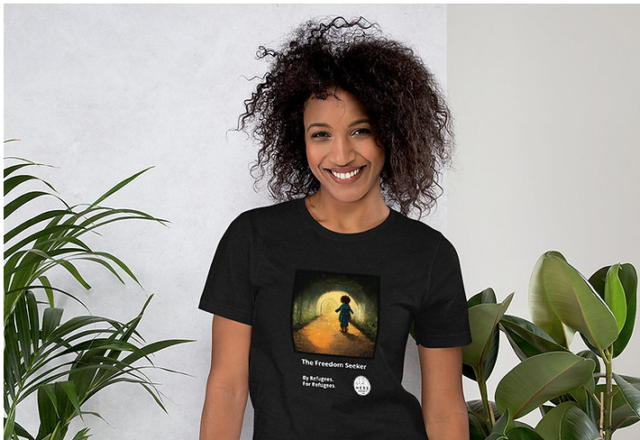
Seeds for Peace: Fighting Racism in Rio de Janeiro by Empowering Public School Teachers
Valeska Kohan ’23 and Amanda Souza ’25 worked to equip teachers in Rio de Janeiro with the resources to hold discussions on racial discrimination and anti-racist practices

